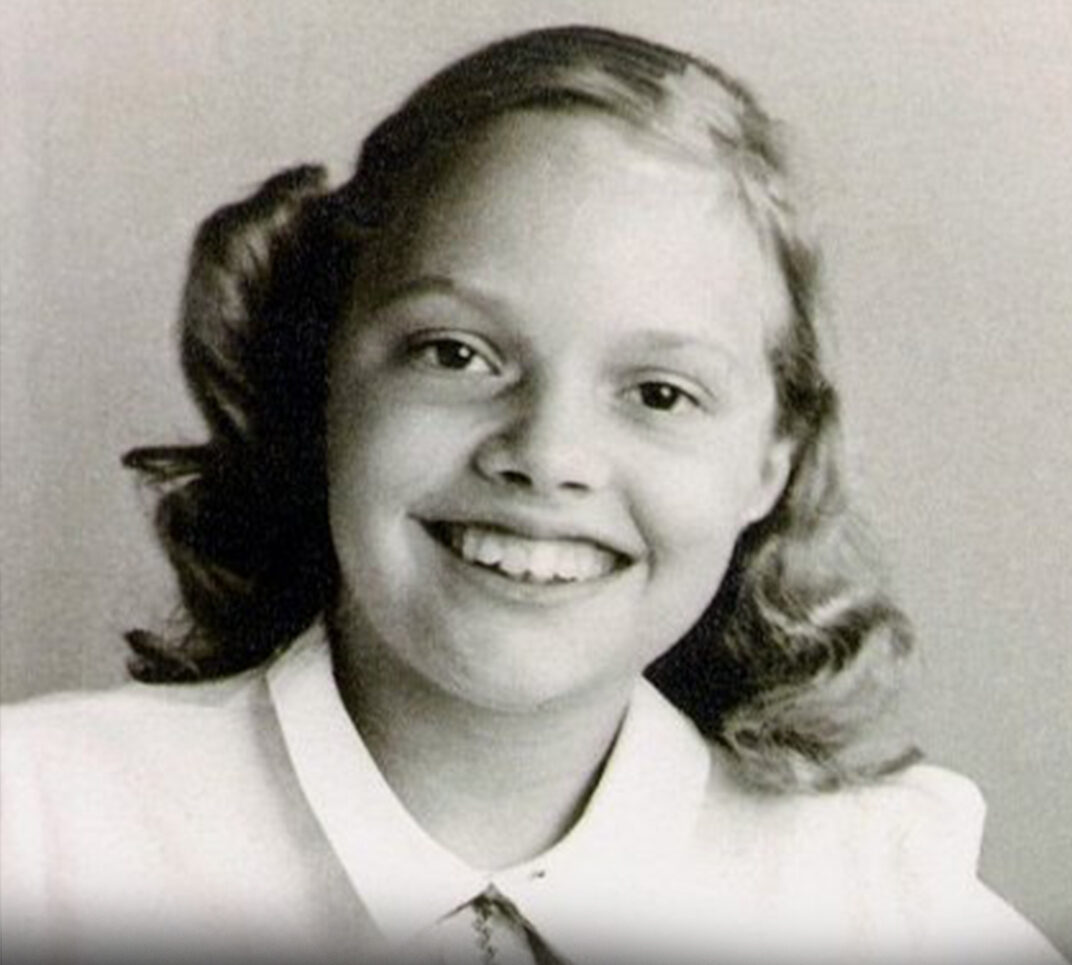When she was arrested, her story divided the public. Some saw a ruthless criminal; others saw a woman shaped by years of trauma and desperation. Aileen claimed she acted in self-defense, saying the men had attacked her. Prosecutors argued she was motivated by greed and rage.
Her trial became one of the most talked-about cases of the early 1990s, sparking documentaries, books, and eventually the Oscar-winning film Monster (2003), starring Charlize Theron. In 1992, Aileen Wuornos was convicted and sentenced to death for six of the murders.
During her decade on death row, she gave a series of interviews that revealed a conflicted and complex mind — part remorseful, part defiant. She once said, “I am as guilty as can be,” yet also claimed she had acted to protect herself.
On October 9, 2002, at age 46, Aileen Wuornos was executed by lethal injection in Florida. Her final words were as puzzling as her life:
“I’ll be back — like Independence Day, with Jesus.”
Even today, her story continues to spark debate. Was she purely a killer, or a product of deep neglect and systemic failure? Aileen’s life forces us to confront uncomfortable questions about trauma, survival, and the human capacity for both suffering and violence.

She remains, decades later, one of history’s most haunting reminders of how a damaged past can distort a future beyond repair.
Disclaimer: This article recounts verified historical crime cases and is shared solely for educational and informational purposes. It does not promote, justify, or glorify any form of violence or harm.
What do you think — was Aileen Wuornos a victim of her past, or responsible for her choices regardless?
Share your thoughts below, and if this story intrigued you, follow for more real-life crime stories that explore the human side behind the headlines.

